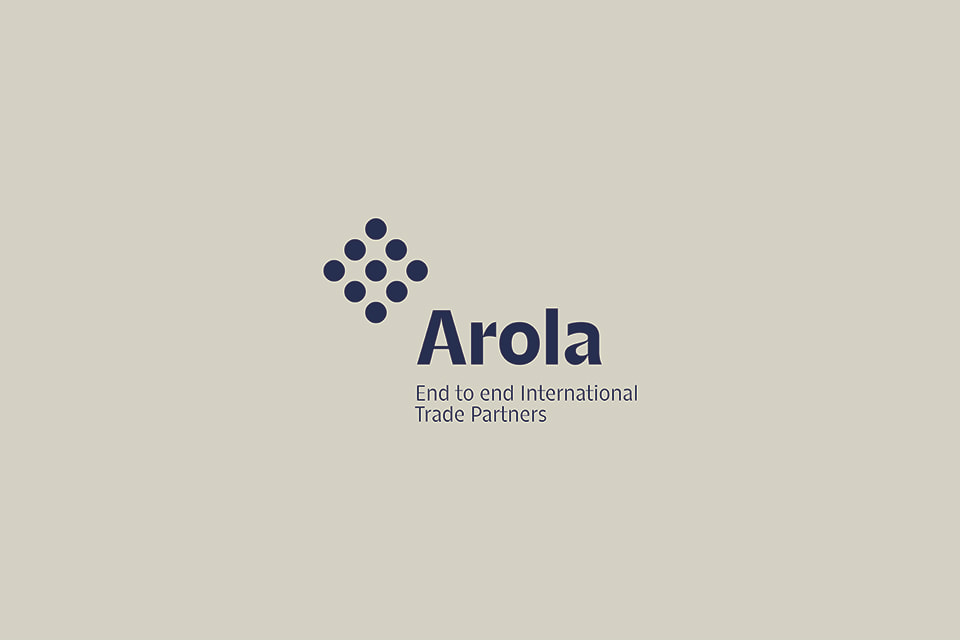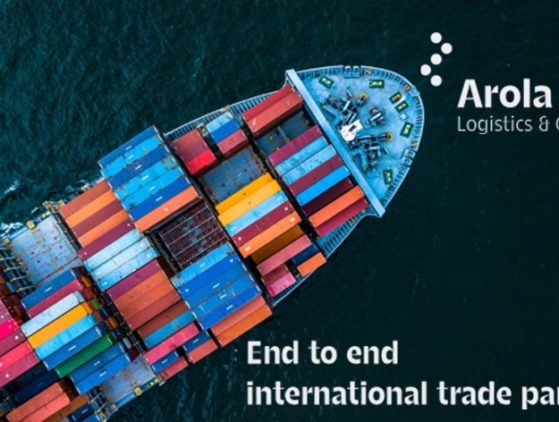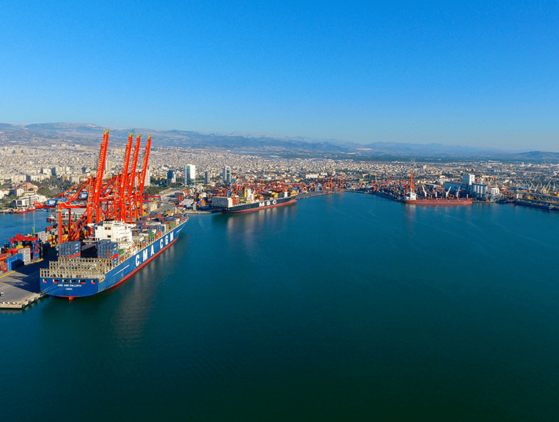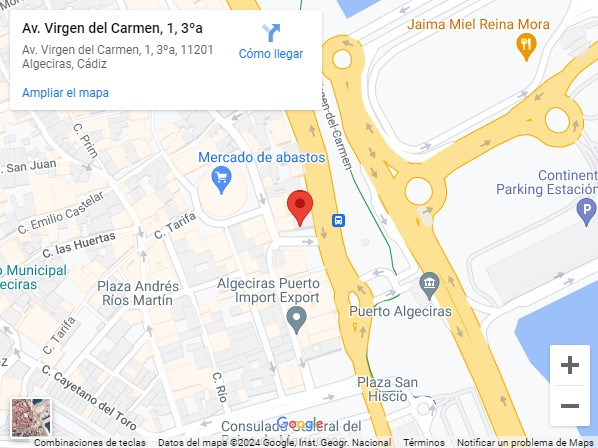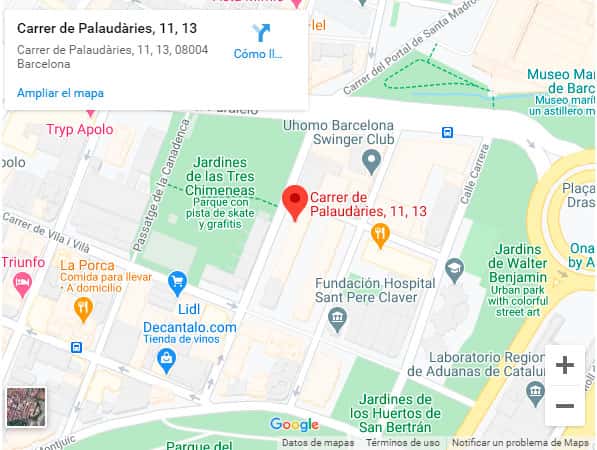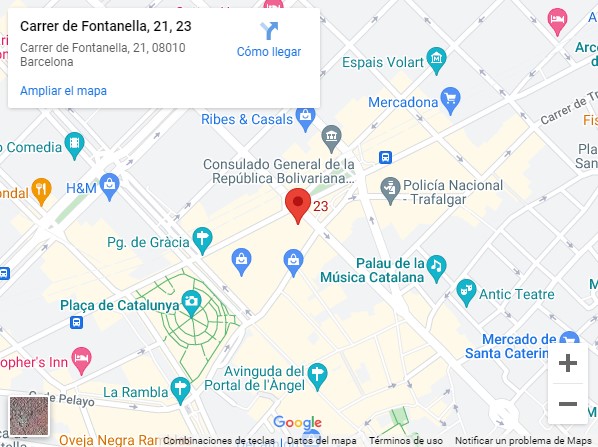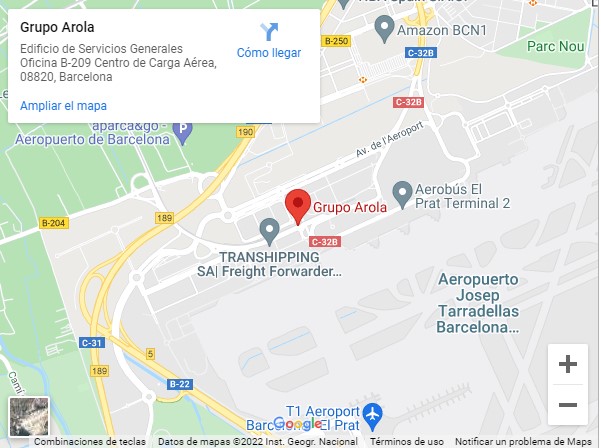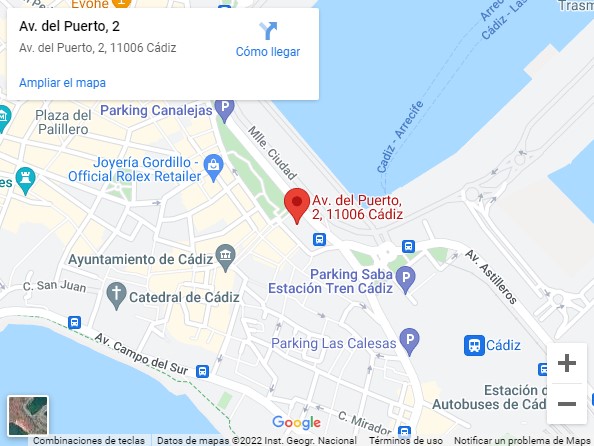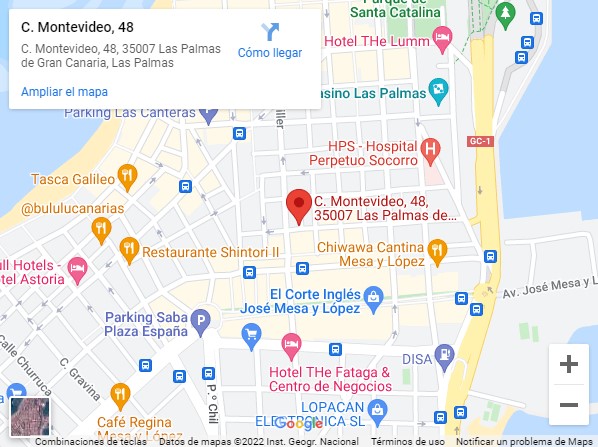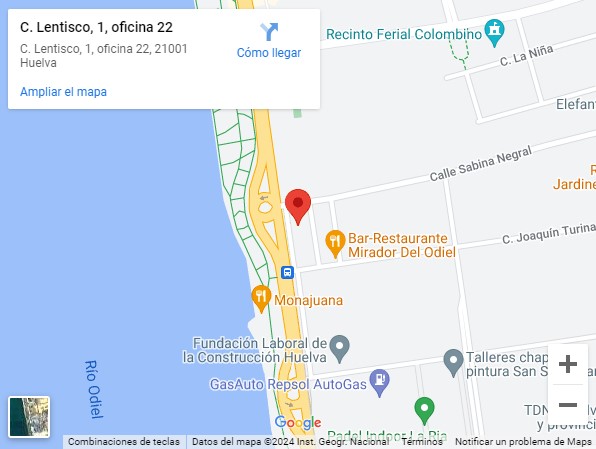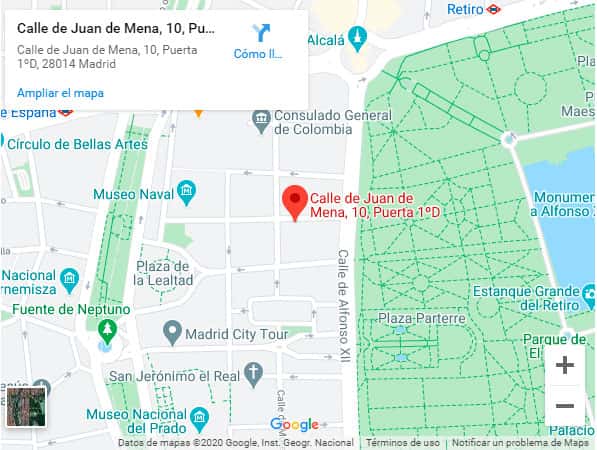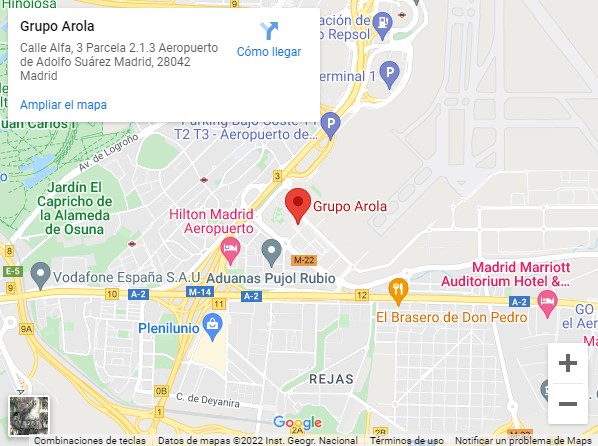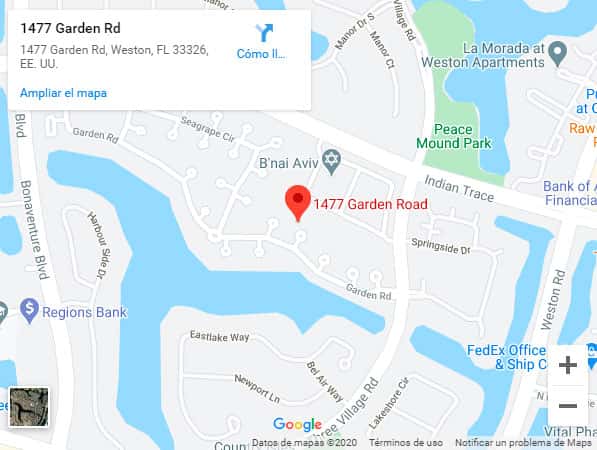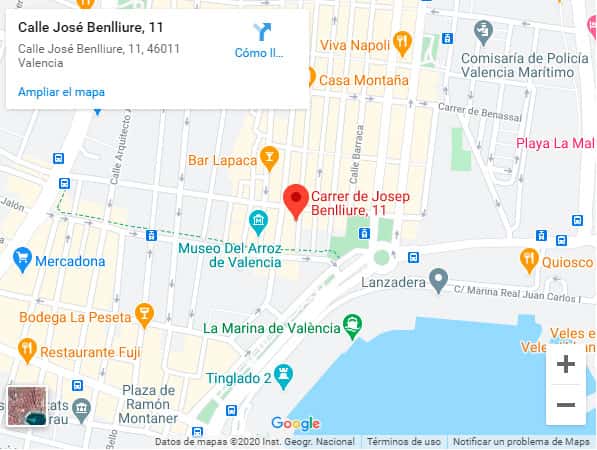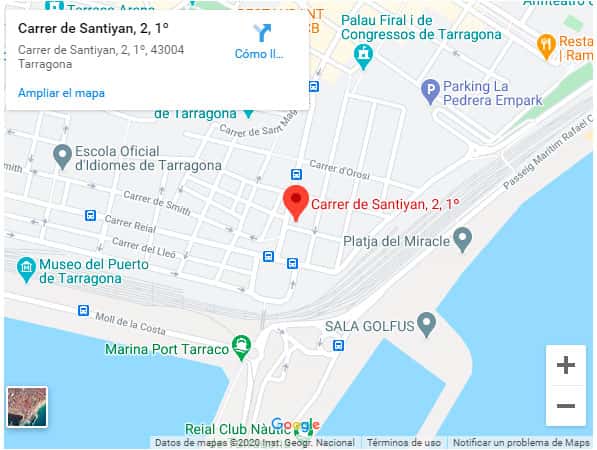Last April, from the 20th to the 24th, took place in New york the ninth round of the U.S. – EU negotiations on the Transatlantic Trade and Investment Partnership (TTIP) agreement. The negotiating teams discussed in-depth a broad range of TTIP issues.
Negotiations are under a lot pressure right now and different scenarios are possible, especially taking into account that the Trans-Pacific Partnership (TPP) is under negotiation as well. TPP’s next meeting of ministers in charge of this multilateral free trade negotiations is unlikely to take place by the end of this month, appearing difficult to schedule a realistic date as long as the TPA (Trade Promotion Authority), which gives U.S. President Barack Obama “fast-track” authority to negotiate trade deals, is indispensable for concluding de negotiations in the TPP involving 12 countries, including Japan and the United States. Hilary Clinton has expressed concern that the deal may allow currency manipulation and fall short on health and environmental protections.
President Obama has intended to get done the TPA as soon possible, and told German Chancellor Angela Merkel during the last G7 meeting that the Congress will pass TPA, allowing the US to conclude TPP negotiations and shift its focus solely to TTIP, and so they did. The Senate, on Tuesday June 23rd , handed President Barack Obama the biggest legislative victory of his second term, with a dramatic vote clearing the way for major trade agreements such as TPP, allowing him to “fast-track” his negotiated trade pacts through Congress, preventing delays on the parliamentary procedure or amendments.
This significant American legislative progress is opening the door to a more effective and efficient negotiation by the United States, especially for these agreements. Without the Trade Promotion Authority – TPA (“fast-track” authority), any agreement involving US negotiators should go through Congress, and that could easily mean a non-approval of any proposal without even analyzing the facts. It gives therefore more seriousness to the negotiation process, especially now that other countries participating are aware of President Obama’s authority to negotiate and sign the agreements, even extending the “fast-track” into the next presidency.
However, the slow-move of the negotiations is frustrating European leaders, and they will face skeptically the next negotiations, the 10th Round the week of 13-17 July, 2015 in Brussels –increasing the chances that the current version of the TTIP with the EU will be stalled or re-written.
source image: www.csee-etuce.org
